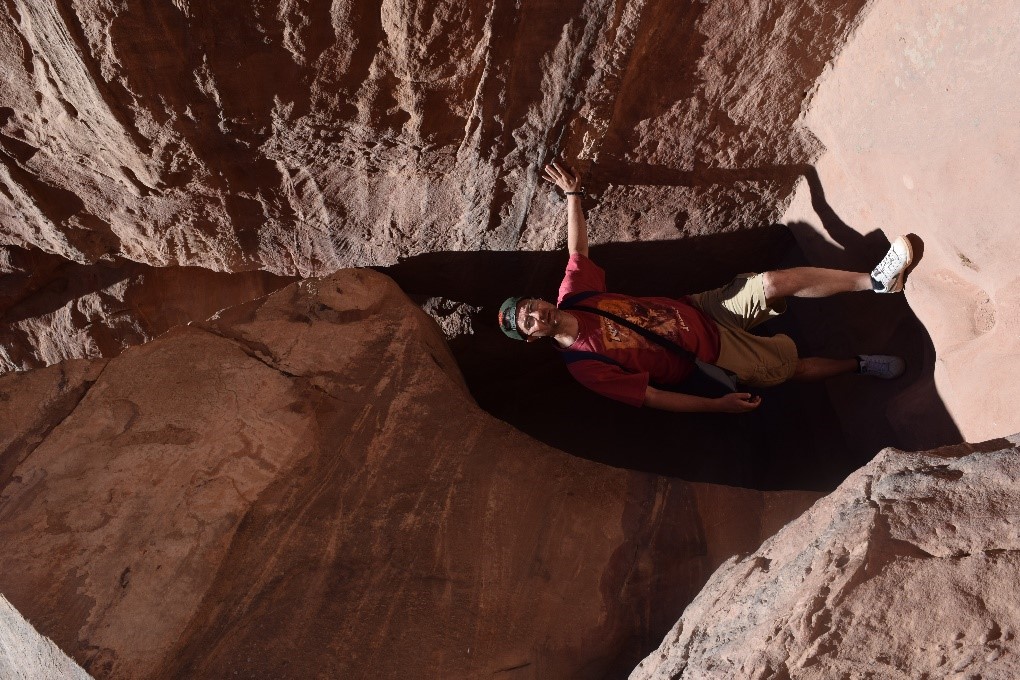Invited Speaker

Dr. George N. Zaimes
Department of Forestry and Natural Environment, International Hellenic University, GreeceSpeech Title: Targeted Approaches to Implement Nature-Based Solutions in Aggitis Watershed, Greece with the Use of New Technologies
Abstract: Watershed nonpoint sources pollutants that end up in closed seas can have a major negative impact on the riverine but also the marine ecosystem. Since the transport of sediment and nutrients in a natural watershed process, the goal is to mitigate accelerated erosion that is the result, typically of anthropogenic activities (e.g., cropping, grazing, logging, urbanization). At the same time, it is impossible to completely eliminate these anthropogenic activities so the most sustainable management practices are the implementation of nature-based solutions. According to the IUCN these solutions leverage nature and the power of healthy ecosystems to protect people, optimise infrastructure and safeguard a stable and biodiverse future. These solutions are in complete harmony with the Green Deal that is a roadmap for Europe becoming a climate-neutral continent. The aim of this study was to identify and assess the contribution nonpoint sources pollutants and suggested the optimal nature-based solutions. Since the budgets for conservation are always limited the implementation of these solutions needs to be targeted. Specifically, areas that provide the greatest contributions of sediments will be targeted. The study area is Aggitis watershed in northern Greece. The focus is on surface and stream bank erosion. The methods at the plot scale, are runoff plots and Gerlach traps for surface erosion, pins and cross-sections for stream bank erosion, to provide accurate data to validate the hydrologic model and stream bank index. The last two methods are utilized for large scale areas. In addition, images from satellite and unmanned aerial vehicles (UAVs) are used to developed different indices (NDVI and NDWI). The use of UAVs for monitoring erosion is an innovation that provides cost-effective, accurate and at large scales datasets. The above methods will identify the main sources but also showcase the contributions of the different sources. The final step is the suggestion of nature-based solutions along with their optimal locations based on the results of the previous methods. Reducing nonpoint source pollutants should help improve the conditions of the riverine and marine ecosystems.
